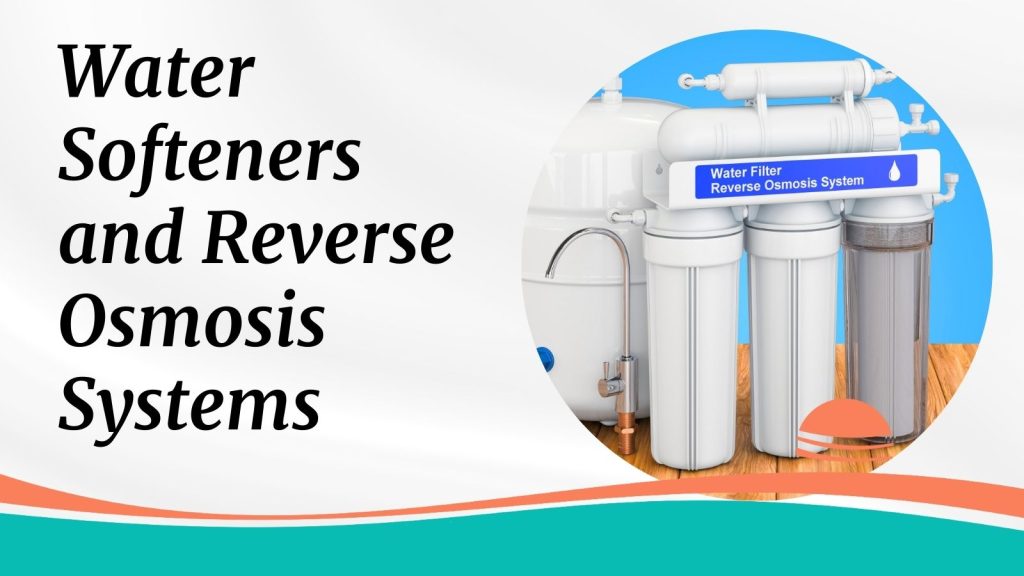
Florida residents love the state for its beaches, lakes, rivers, and inland waterways. But as a homeowner, the hardness of Florida’s water poses many challenges to your dishes, appliances, and plumbing system, not to mention the negative effects on your personal comfort. Spotting the effects of hard water in your home is as easy as noticing the spots on your glasses or hard water stains on countertops.
What isn’t so easy is choosing the right water treatment system for your needs. Some homeowners try to make do with a water softener only, but for some homes, a combination of a water softener and a reverse osmosis system is the one-two punch that is ideal. Let’s go over how a reverse osmosis system and a water softener in Tampa, FL work in conjunction with each other.
How Hard Is Tampa’s Water?
The hardness of Tampa’s drinking water can fluctuate throughout the year between 140 to 300 parts per million (ppm). Overall, Tamps has hard water with lower levels occurring during the wet season and higher levels during the dry season. Hard water is classified as having concentrations above 120 ppm. As you can see, during the dry season, the hardness levels are almost 2.5 times the minimum level.
What Is a Water Softener System?
Water softeners are whole house systems that are designed to replace “hard” minerals such as calcium and magnesium with something else like sodium. A water softener has two tanks: a mineral tank and a brine tank. Resin beads in the mineral tank attract hard water minerals, softening the water.
The brine tank contains a saltwater solution that flows to the resin tank, rinsing the beads and exchanging sodium for the hard water minerals on the resin beads. That’s why water softeners usually add sodium to your water supply. Excess sodium in your home’s drinking water can cause dehydration and other health issues. This is why a reverse osmosis system that will remove the excess salt is also needed.
What Is a Reverse Osmosis System?
If you took chemistry in school, you may remember learning about the process of reverse osmosis. Reverse osmosis is a scientific process by which water pressure is used to push water molecules through a semipermeable membrane.
Reverse osmosis systems can remove contaminants such as salt, fluoride, lead, chlorine, nitrates, and more. Reverse osmosis water systems are usually installed to work in a single location in a home such as a kitchen tap or as a whole-house system. Reverse osmosis systems are considered to be the most effective method of cleaning impurities from a water supply.
When you work with our team, we can evaluate your home’s water and give you options on how to best tackle hard water. From water softeners that will remove minerals, to reverse osmosis systems that provide ideal drinking water, we can help you choose the system or combination of systems that is best for your home and concerns.
Contact Bayonet Plumbing, Heating & Air Conditioning to schedule water treatment services in Tampa, FL today!
